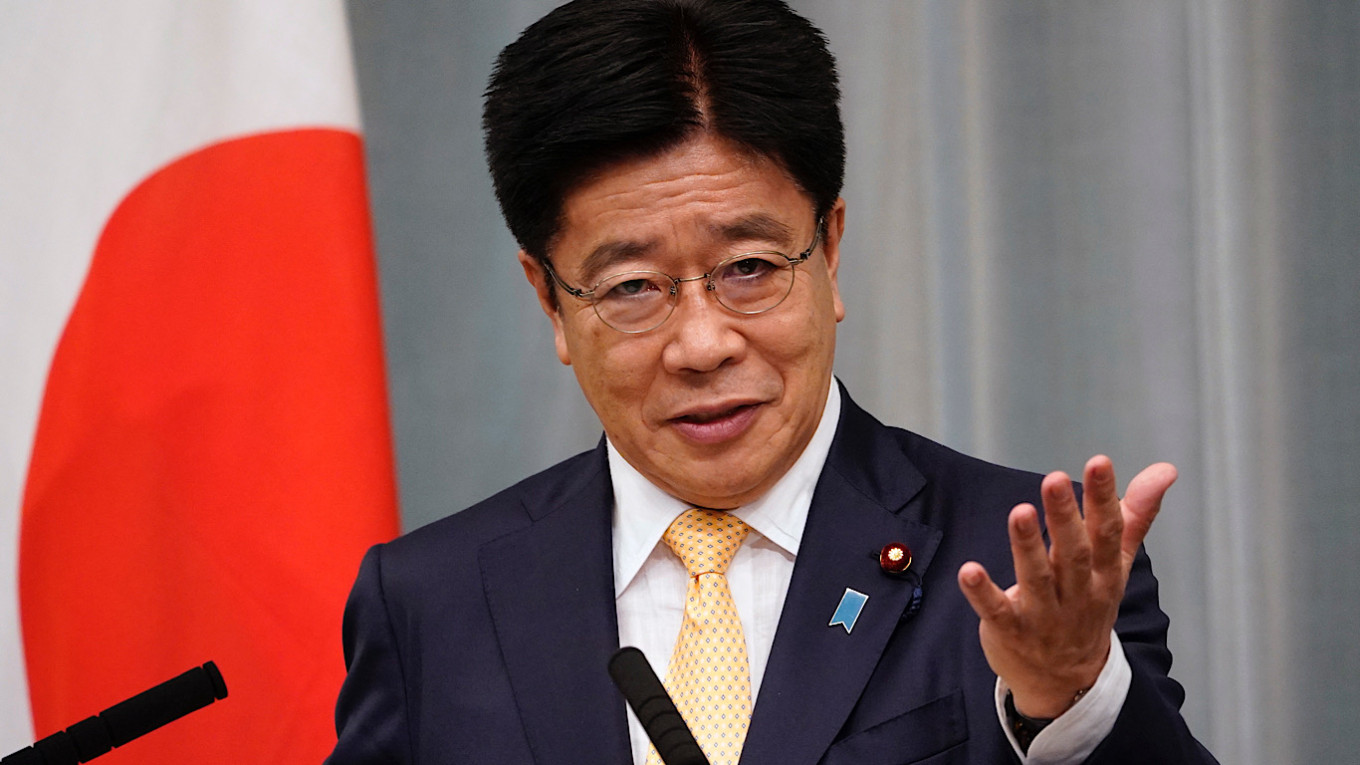The United States is urging Japan to stop purchasing Russian oil and gas as President Donald J. Trump seeks to increase pressure on countries that continue to bolster Moscow's revenues amid the war in Ukraine.
U.S. Treasury Secretary Scott Bessent wrote in a post on X that he met with Japan's Finance Minister Katsunobu Kato in Washington on Wednesday, during which they discussed "important issues pertaining to the U.S.-Japan economic relationship and the [White House] Administration's expectation that Japan stop importing Russian energy."
Japan remains heavily dependent on imported oil and gas. In 2023, it spent 582 billion yen ($3.9 billion) importing Russian liquefied natural gas (LNG), accounting for around 9% of its total imports of the energy source.
Japan initially stopped importing Russian crude oil in 2023 but was then granted a special sanction waiver by the Biden administration, allowing it to continue importing oil and gas from the Sakhalin-2 project.
Kato declined to comment directly on Bessent's remarks about Japan weaning off Russian energy imports, but told Japanese media that Tokyo is "committed to doing what we can to realize a just peace in Ukraine by coordinating with fellow G7 countries."
Trump, who has pressed U.S. allies to reduce economic ties with Russia, told reporters on Wednesday that Indian Prime Minister Narendra Modi had assured him India would soon stop buying Russian oil.
"You know, you can't do it immediately. It's a little bit of a process, but the process is going to be over with soon," Trump said.
In August, the Trump administration raised tariffs on Indian exports to the United States to 50%, accusing New Delhi of helping to fund Russia's war through energy purchases.
AFP contributed reporting.
A Message from The Moscow Times:
Dear readers,
We are facing unprecedented challenges. Russia's Prosecutor General's Office has designated The Moscow Times as an "undesirable" organization, criminalizing our work and putting our staff at risk of prosecution. This follows our earlier unjust labeling as a "foreign agent."
These actions are direct attempts to silence independent journalism in Russia. The authorities claim our work "discredits the decisions of the Russian leadership." We see things differently: we strive to provide accurate, unbiased reporting on Russia.
We, the journalists of The Moscow Times, refuse to be silenced. But to continue our work, we need your help.
Your support, no matter how small, makes a world of difference. If you can, please support us monthly starting from just $2. It's quick to set up, and every contribution makes a significant impact.
By supporting The Moscow Times, you're defending open, independent journalism in the face of repression. Thank you for standing with us.
Remind me later.






